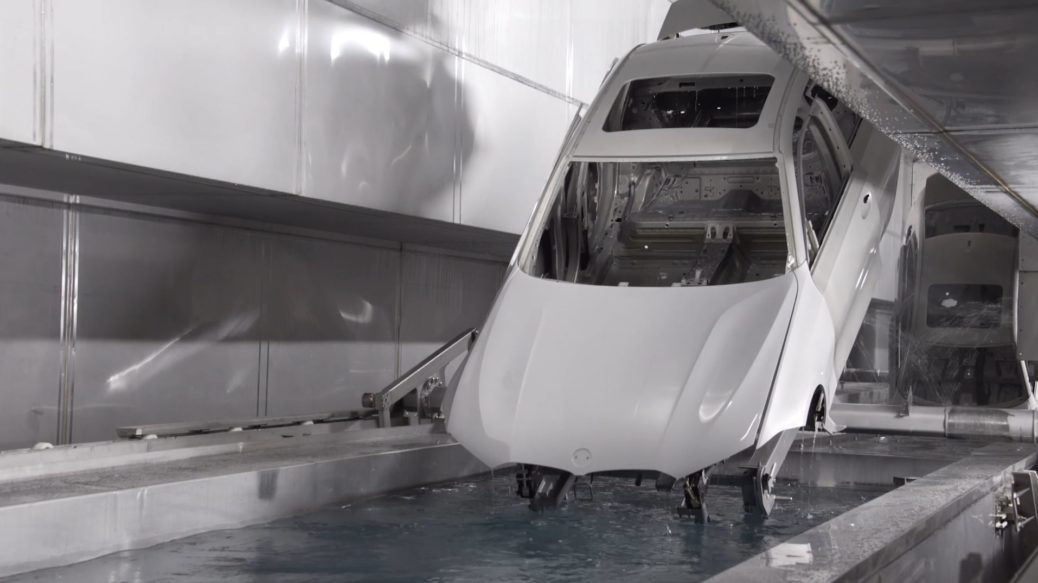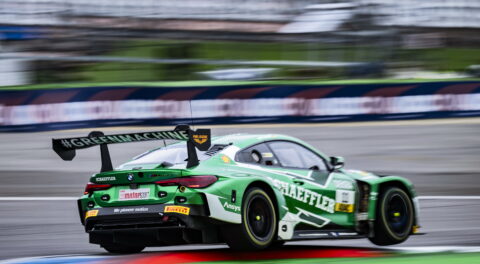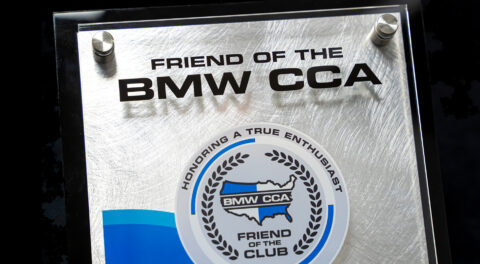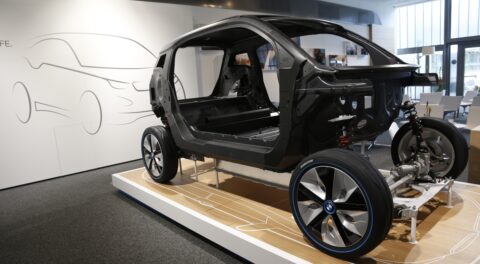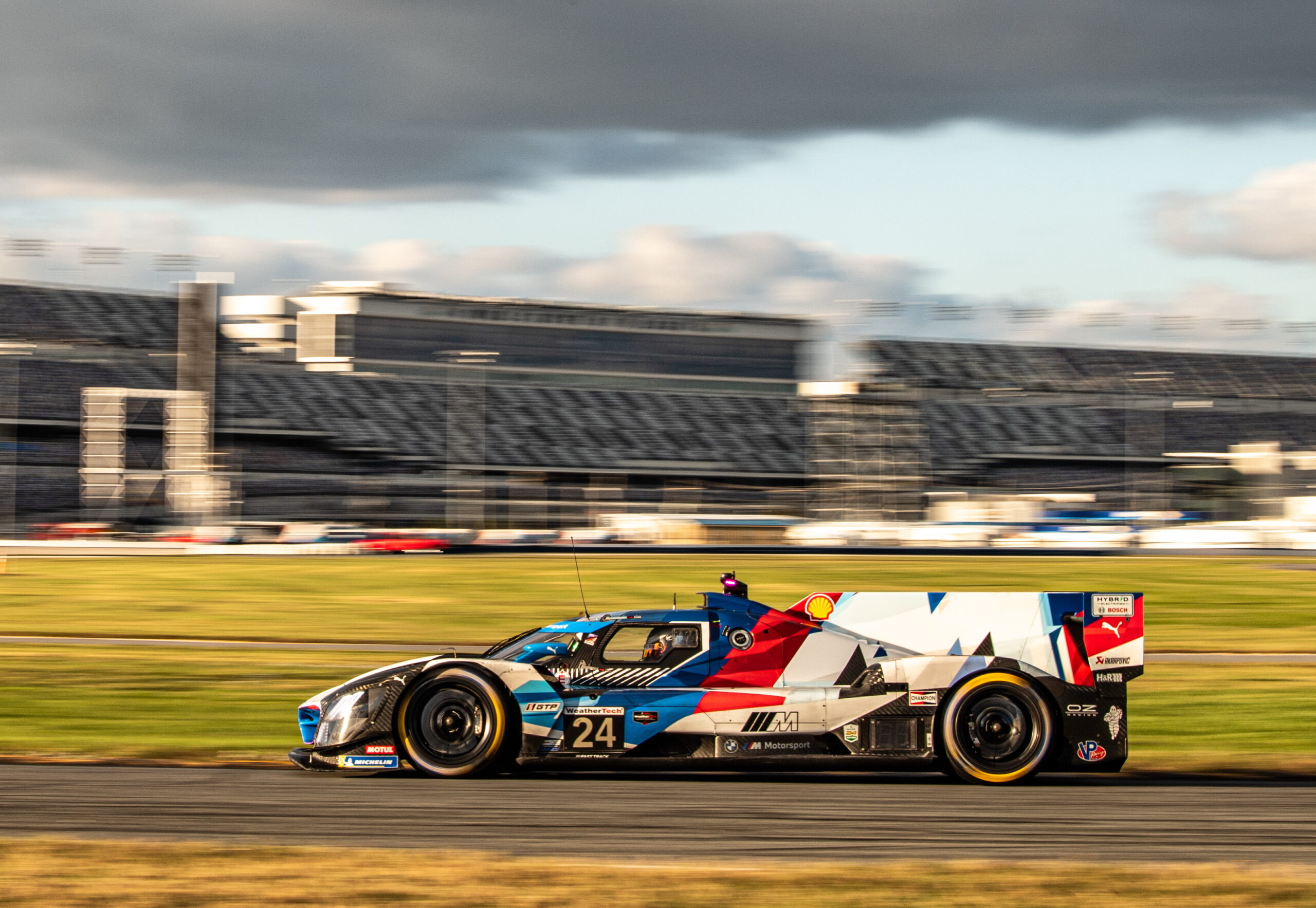In an effort to remain competitive with the likes of Daimler, Volkswagen, and Tesla, BMW is planning to cut vehicle manufacturing costs by 25% per unit by 2025. The development comes from Milan Nedeljkovic, the BMW Group board member in charge of overseeing production, who assumed his position in 2019.
“We will lower the production costs per vehicle by 25% by 2025—compared with the level in 2019,” explained Nedeljkovic when talking to German business newspaper Handelsblatt.
Details as to how the automaker plans to achieve the cost savings have not been divulged, but in a world of rising material input costs and shortages for crucial components like computer microchips, the question is only becoming more relevant.
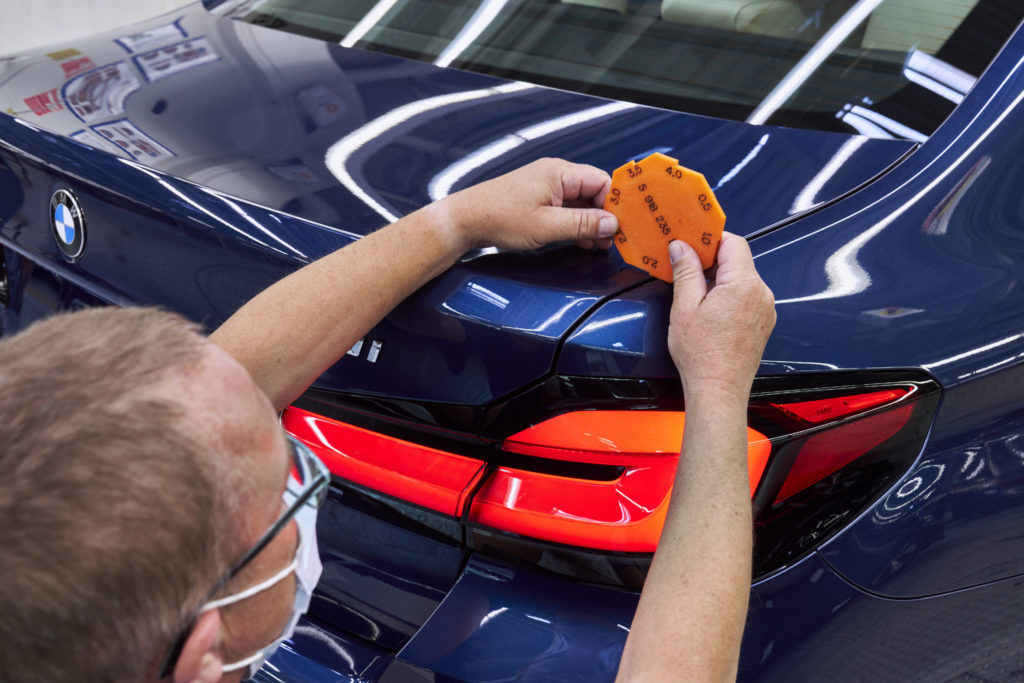
Cutting costs by a fourth is also a tall task in the midst of BMW’s transition to becoming a manufacturer of electric vehicles. BMW is not alone in having to spend billions on research and development to create platforms and models that will, without question, transform the brand and company. The investments have been detailed here on BimmerLife, and have taken the form of retooling production facilities to build components like batteries and electric motors (eDrive units in BMW speak). BMW is also currently working to move engine production outside of Germany in favor of electric drivetrains, and adding a new manufacturing line at its nearly century-old Munich plant.
These efforts are largely in preparation for the new electrified model range that BMW is in the middle of unveiling, which is said to come to full fruition by 2023. Core elements of this revamping of the model lineup naturally include the upcoming i4 and iX, but there are also numerous other plug-in hybrids and electric models which remain on the horizon. To truly cut emissions, BMW is also seriously considering fuel-cell electric vehicles as well, with a pilot program using prototypes based on the G05 X5 currently underway. The company is also already working on the next generation of mobility, with its new Neue Klasse platform.
Additionally, BMW has committed itself to producing the vehicles of the future as sustainably as possible, efforts which includes the use of renewable energy wherever possible, along with the appropriate carbon offset credits. It all translates to increased complexity in a world where costs must be kept in check so profitability can drive advancement, and that BMW can financially sustain itself.—Alex Tock
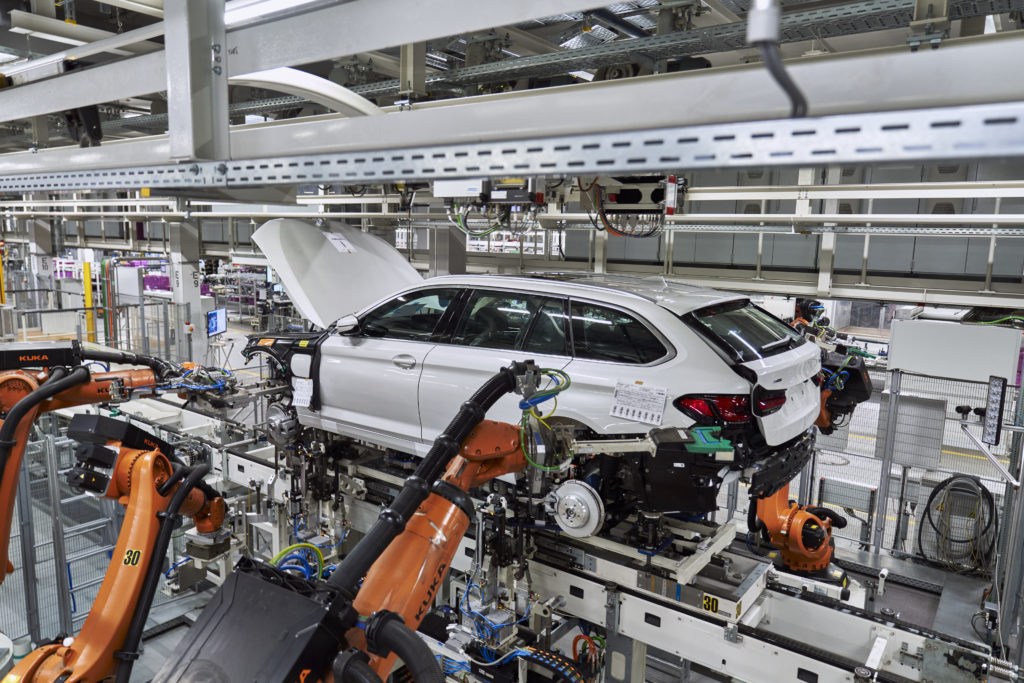
[Photos courtesy BMW AG.]

